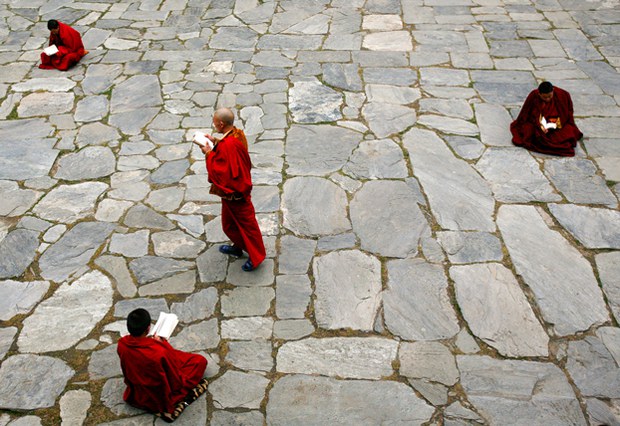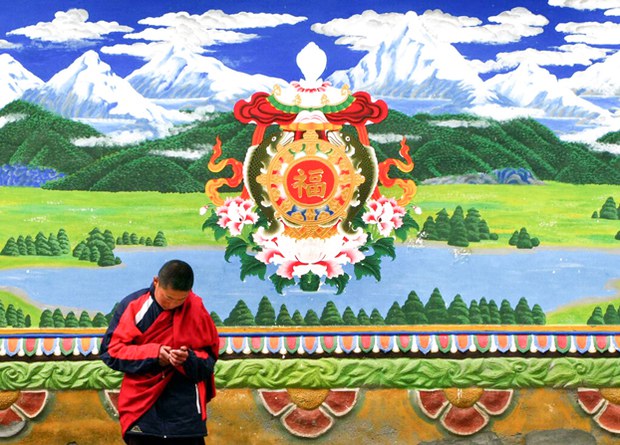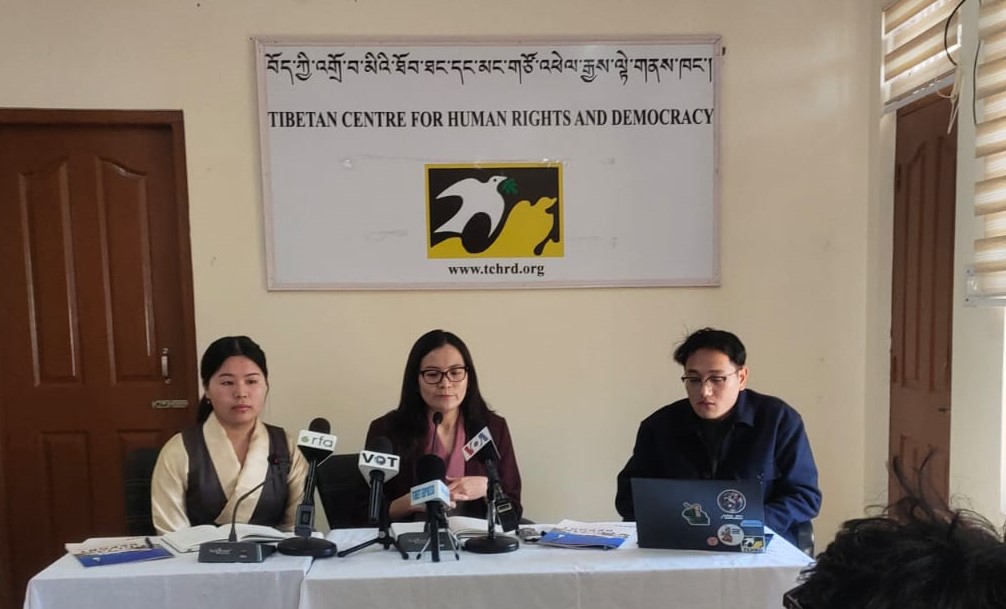Online WeChat groups promoting Tibetan Buddhist culture ordered shutdown after new regulation is adopted.
In further restrictions to the already shrinking space for religious communities in China and Tibet to freely practice their religion, the Chinese state on 20 December 2021 announced a new regulation: Measures on the Administration of Internet Religious Information Services. These measures give more power to the authorities to clamp down on the spread of online religious content that the party deems “damaging”. The new regulation was jointly formulated by five departments: the State Bureau of Religious Affairs, the State Internet Information Office, the Ministry of Industry and Information, the Ministry of Public Security, and the Ministry of State Security.
The Chinese Communist Party held the National Conference on Work Related to Religious Affairs in Beijing last December where China’s President Xi Jinping called for punishing believers using social networks for religious proselytisation or criticism of the government’s religious policy. He also reiterated that “sinicisation” of religion means that all religious communities should be led by the Party, controlled by the Party, and support the Party.
The new regulation, which comes into effect from 1 March 2022, totally bans all foreign organisations and individuals from spreading religious content online in China and Tibet and requires religious organisations and individuals to obtain authorised government licence to do so.
For those without a licence, Article 17 stipulates that they are “not allowed to organise and carry out religious activities on the Internet”, and further “not allowed to broadcast or record religious ceremonies such as worshipping Buddha, burning incense, ordaining, chanting, worshipping, mass, and baptism in the form of words, pictures, audio and video.” Those flouting the rules face severe punishment. Click here to read more.





